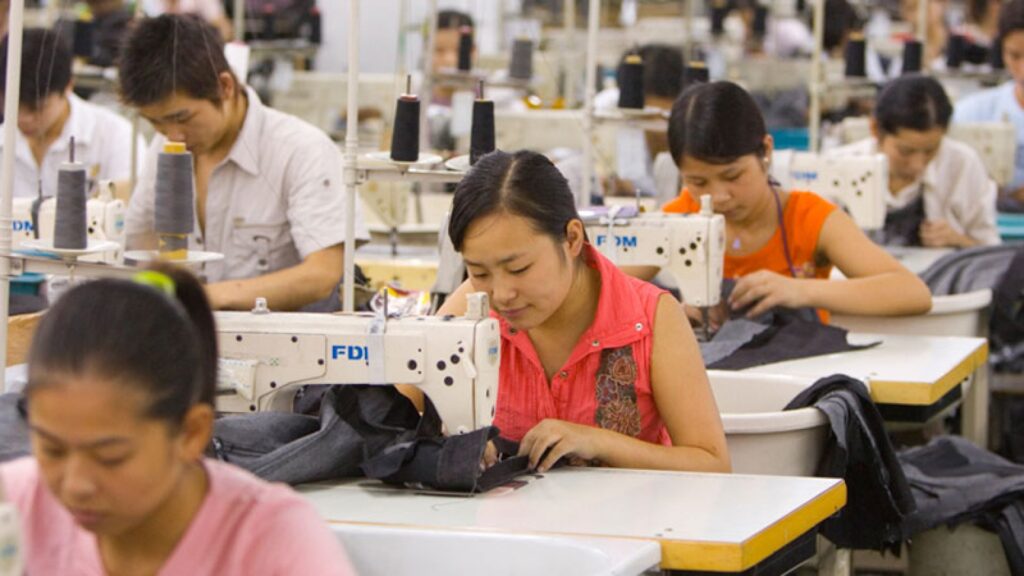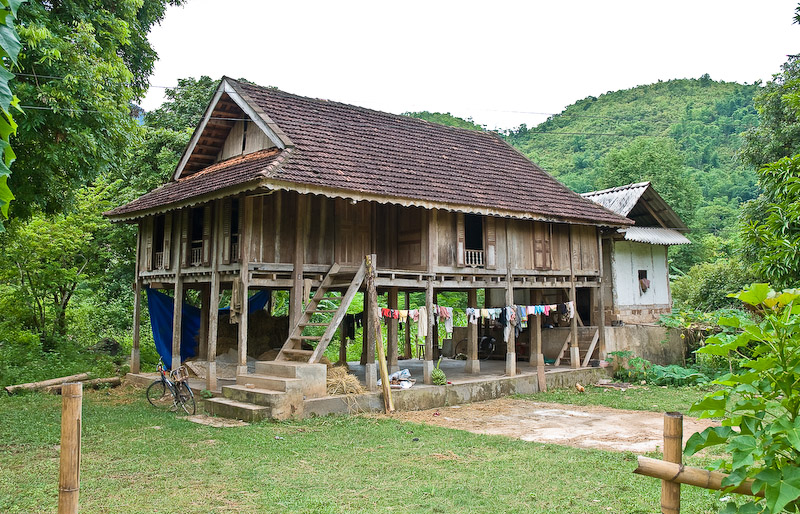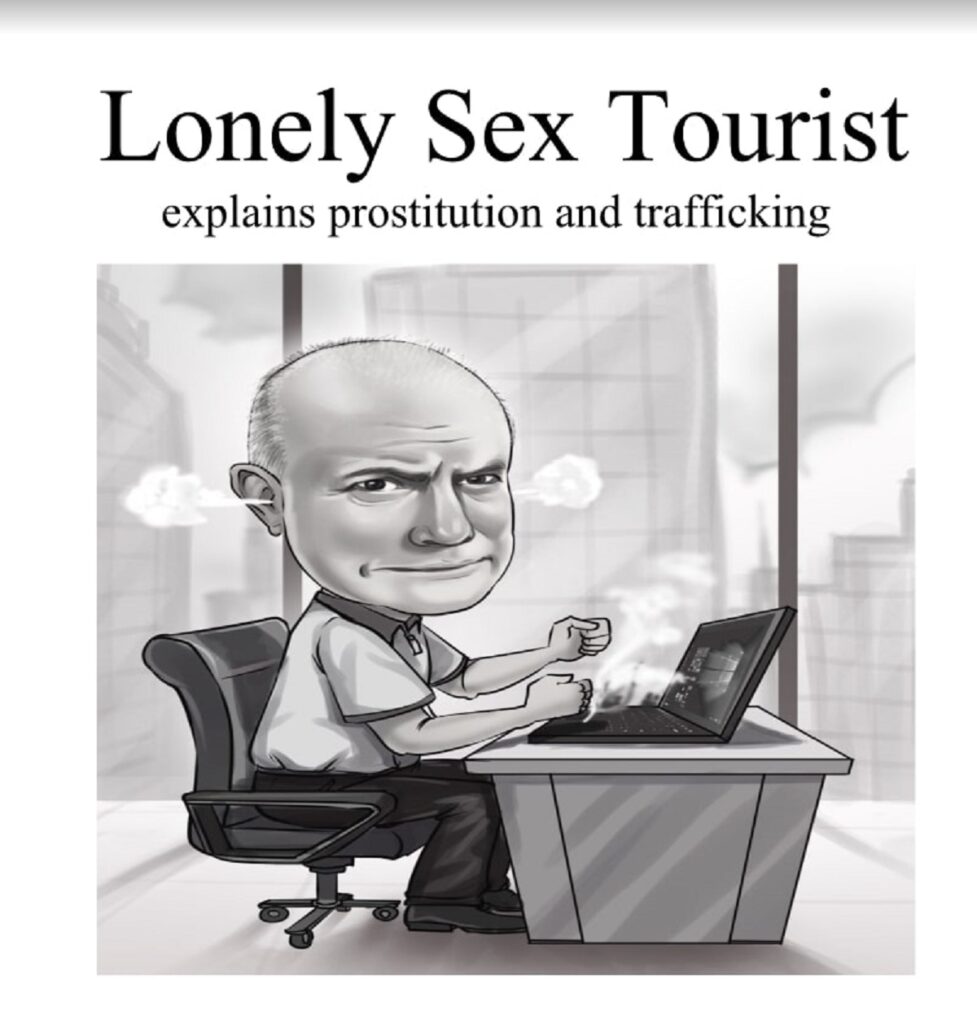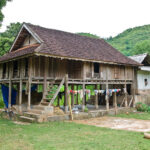As a writer about sex work and sex trafficking I often state that these issues can be complex, and frankly deserve to be complex – and discussed accordingly. But often a lot of the background and social and economic circumstances which explain sex work or sex trafficking are ignored. Silly me, but that is what I lie awake at night thinking about. As a writer I attempt to write those ideas I get the next morning. And here I go again.
I am thinking about economics and, of course demographics. too. Of course, these are subjects I learned about in university.
Why do I discover that the sex workers I meet are almost always Thai women from rural areas or in other ways from poor circumstances? Why? Well, I will tell you why. Just my opinion, of course, but you can stick to the simpler stories about violence, horrible men, and helpless women, if you wish. The older stories, about 100 years ago, could depend on concern over sinful behavior but that doesn’t work as well just don’t work as well as it used too. Now the simple story is that women need to be rescued from violence. There is a lot of money in that, by the way.
I would like to ask people in academia and/or in government to do research for me, and for us all. Tells us all how much women, or men, can expect to be paid in a factory making automobiles in Japan and the same question in Thailand. How much will a woman, or a man, expect to be paid in factory to make a shirt or other clothing in the United States, or South Korea. And the same question for a garment factory in Cambodia. These are just examples.

Where does our food come from? In the United States and in many other less prosperous countries small farms owned by large families would feed themselves. When population growth took off like a rocket after World War II one of our earlier hysterias was that we would soon no longer be able to feed ourselves. That did not happen, but, first, agriculture improved a lot and, second, agriculture has been taken over by a few big businesses.
In Thailand, where I live, people still live on small farms, but they are no longer prosperous as they once were. That is likely the case in many places around the world including the United States.
As a person who is curious about sex work and sex trafficking and who also writes about it, as I am doing here, I learn about a nexus in this. I ask sex workers where they are from. It is rare that they are working in Bangkok or Pattaya and have always lived there. Their first answer is usually: Issan, Thailand’s major rural area.
Next, I ask where they grew up and the answer might be, as an example only, Buri Ram, the name of one of Thailand’s major rural provinces in Issan. The provincial capital of that province is also Buri Ram. So, I ask if they live in the city of Buri Ram or in a village. Very often the answer is “I lived in a village”. Of course, villages are not always small, but many are a dozen or so families who live at a crossroads. This is real rural living.
So, my next question might seem a little weird. I ask, “as you were growing up did you sleep on the floor.” The answer is usually yes. This was not a big surprise to me because I had visited some rural friands, was invited into their homes and was surprised that there was a shocking lack of furniture that I was accustomed too.
I stayed overnight only once and was supplied with my own bedroll of a few blankets to sleep on the floor. I found the same in homes of poor Bangkok sex workers. Rudimentary furniture is a rarity for many poor Thai. Yet there are many very nice furniture stores in Bangkok and seemingly spreading around Thailand.

Even though families are smaller than they used to be it is often the elders with transient help from children who get out a rice croup for the next year. Thanks to smart phones and TV everyone, even in rural areas, have bigger expectations.
Young people all over world go to school including college and seek a job. Jobs are not easy to come by. If you are already in a big city and in one of those wealthier families (you never slept on the floor) maybe you have connections or experience more so than the people who trek out of a rural area as an internal migrant. A friend with a peripheral role in sex work was so proud she was able see her sone graduate in accounting. But many months later he was still looking for a job. At that time I read that it is common for recent grads to wait for many months to find legitimate work. Not surprising that some turn to sex work.
So, again, people more skilled than me, can tell us how much is a worker paid in a United States factory? How much is a Japanese factory worker paid? How much is a Thai factory paid, and how much is a Cambodian factory is paid?
How much is important to know if we are going to have any understanding of trafficking. Sex trafficking is trafficking too. If we turn back the clock and use the proper word “migration” – legal or not – migration is still the same. People migrated from Ireland when the potato crops failed. People in eastern Europe migrated during periods of severe ethnic oppression including genocide. Now migration continues for several reasons. Part of our resistance to migration is by stigmatizing and redefining it as trafficking, an evil pejorative word.

To understand this, we must understand economics. People in Japan, Thailand and Cambodia want things, need things. Their potential to earn income, and where that potential lie, is vastly different from one place to another.
To help bring this to a graphic conclusion I will never forget what I saw as I rode my motorcycle from the border gate from Thailand to Cambodia near Trat, TH and rode from there to Phnom Penh Cambodia. Cambodia is well known as the place where garments are manufactured. If you bought a shirt in Chicago, it was probably sewed together on the south/east side of Phnom Penh. I rode through there at just the right time see hundreds of women standing in front of dozens of large warehouse-like buildings probably waiting for buses. Those are the people who made your shirt.
On more one occasion I read this: it is hard work at low pay, usually piece work. These women will work long hours to meet their quotas and make more money through longer hours. Conditions are hard, even bathroom breaks are controlled.
Here’s the punch line. Many sex workers in Cambodia are women who abandoned the garment industry because the conditions and opportunities are just better. How ’bout that! NGOs, often funded by the US government, will rescue sex workers and offer training programs. What does the training often consist of ?….
Maybe you guessed it already – how to use a sewing machine.
The change and the poverty of rural life must be studied if anyone plans to understand sex work. Understanding the economics and opportunities for the poor if they can cross a border or otherwise take control of their life must be understand if anyone plans to understand trafficking, and especially sex trafficking












